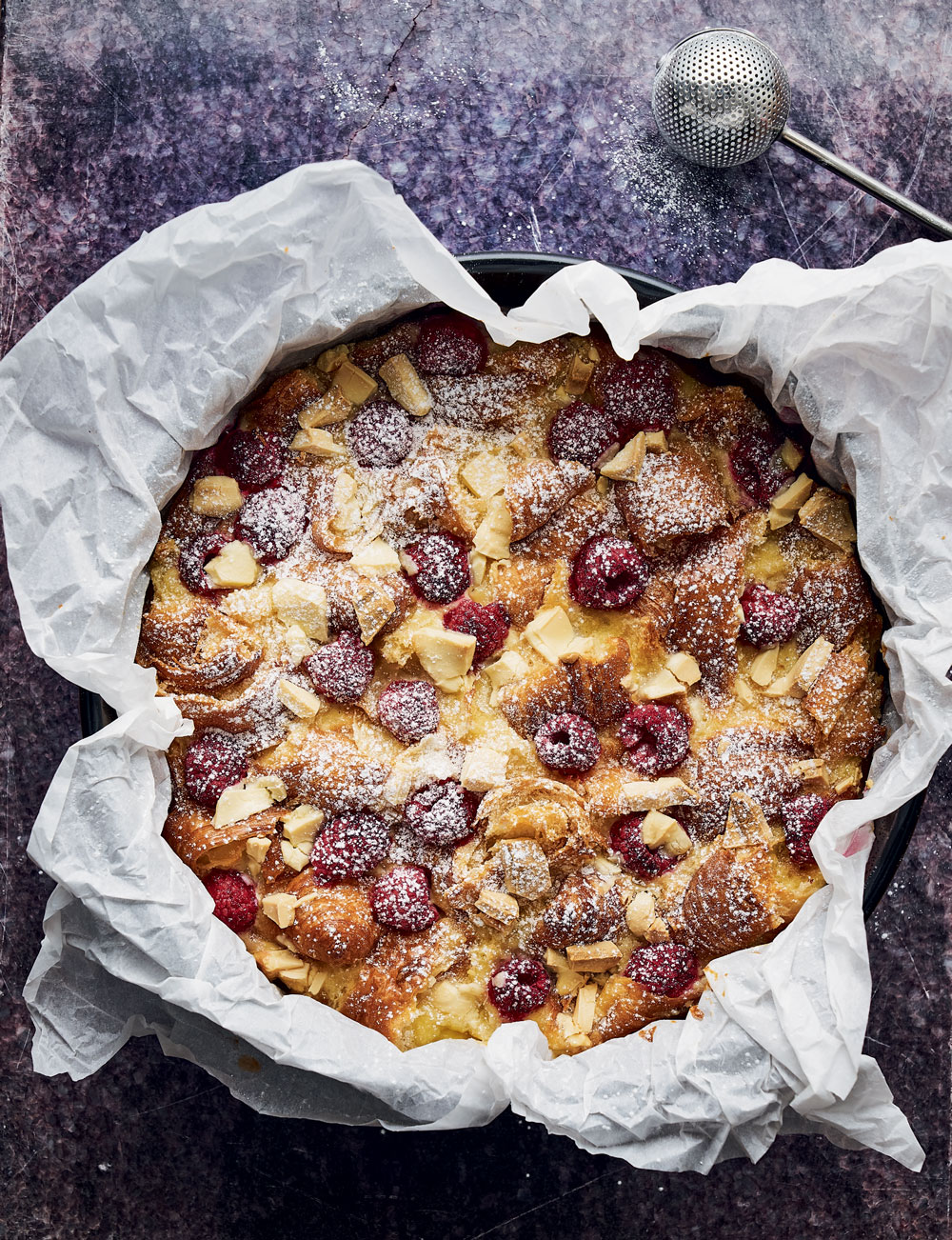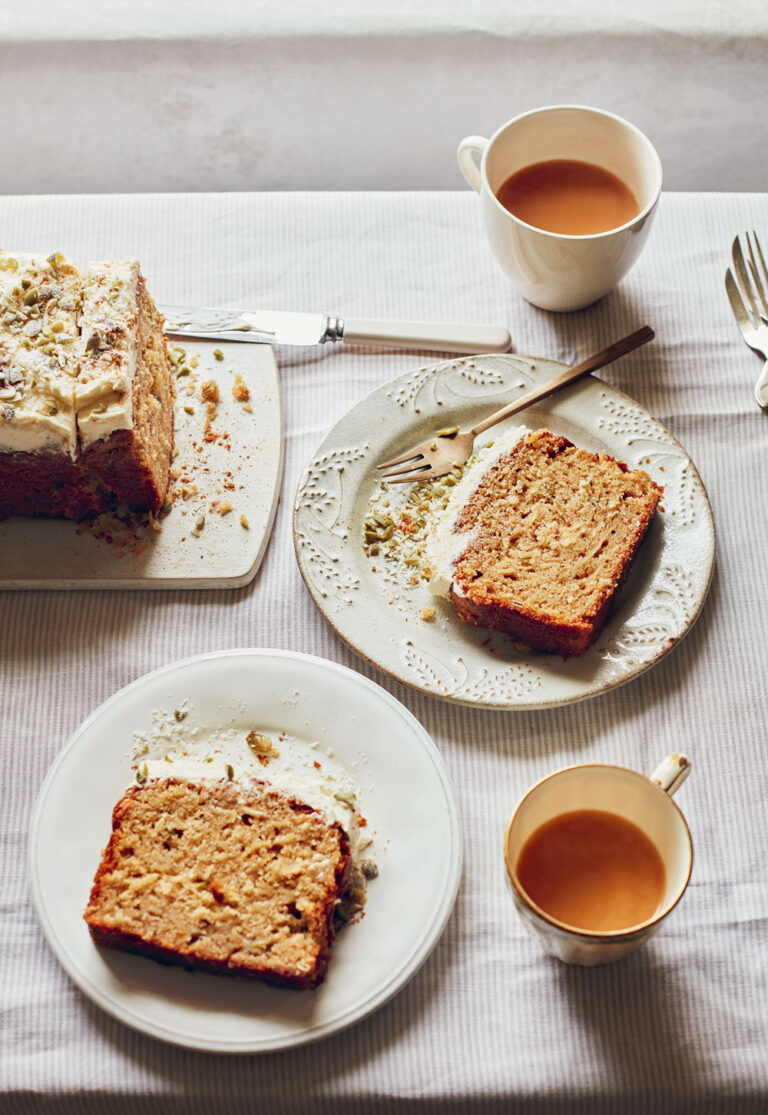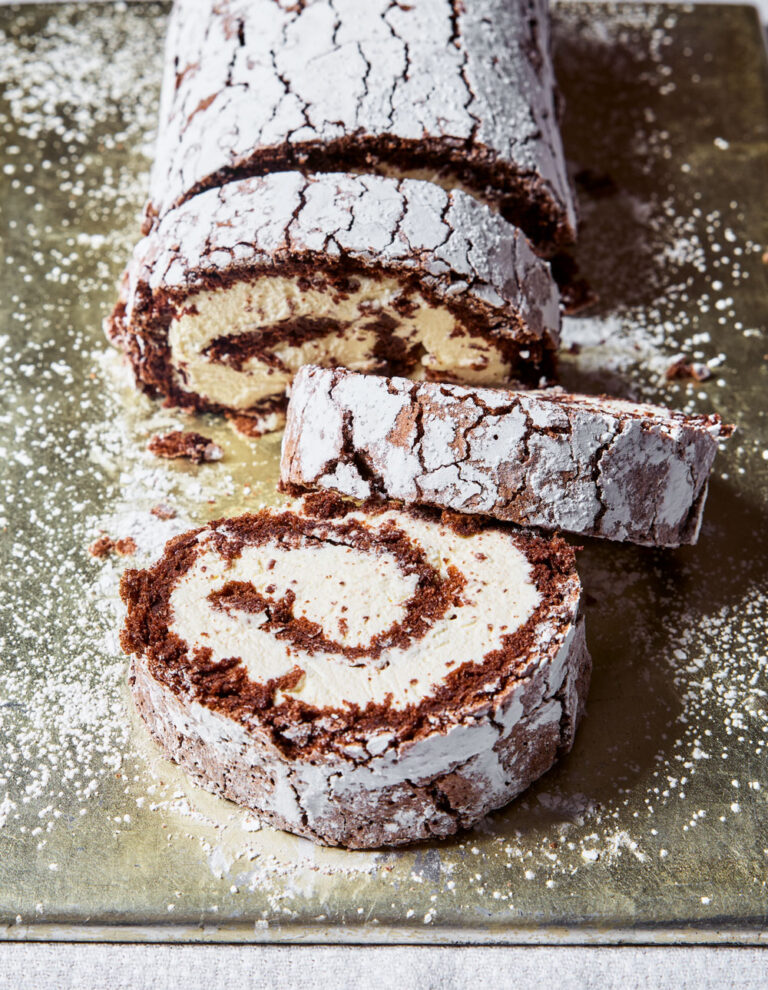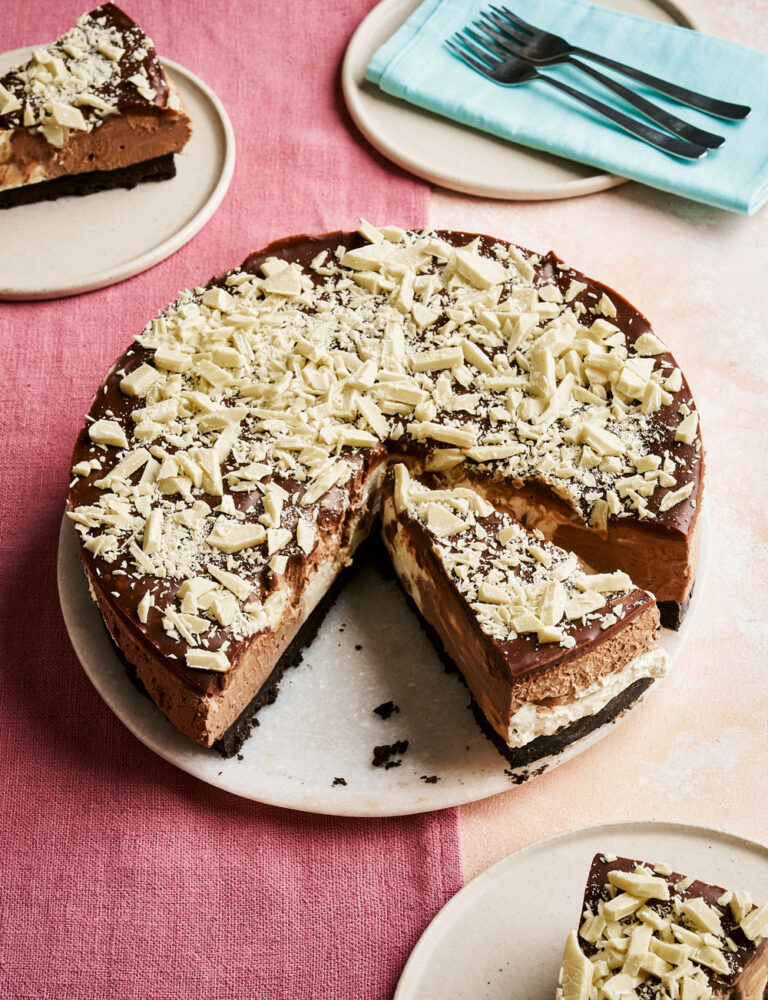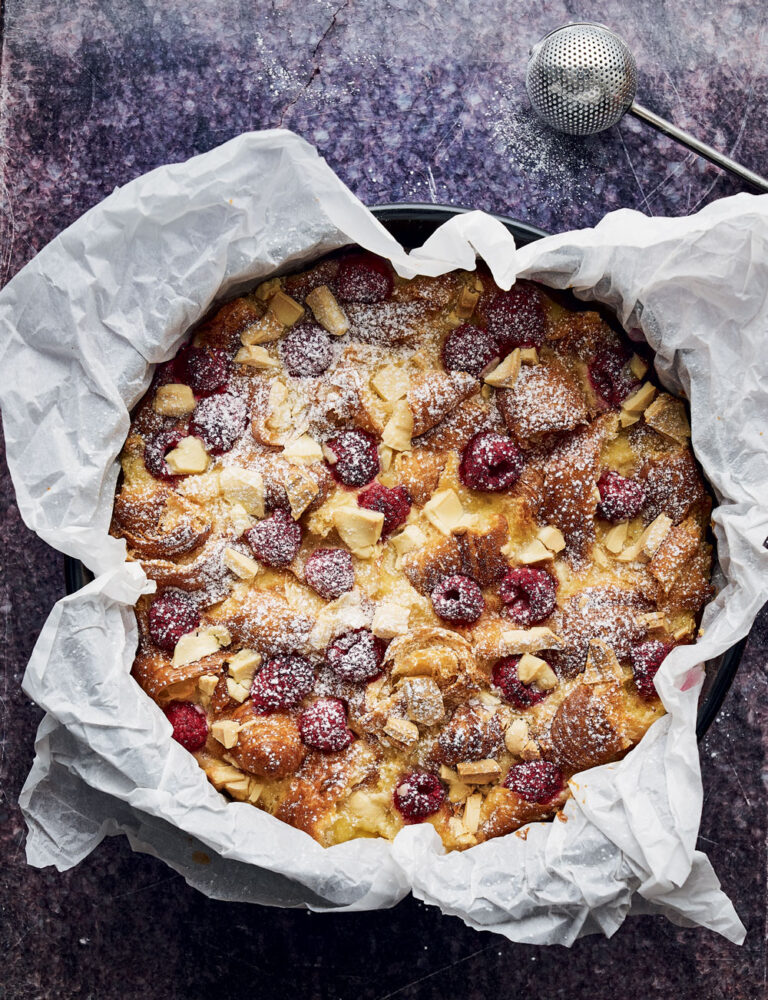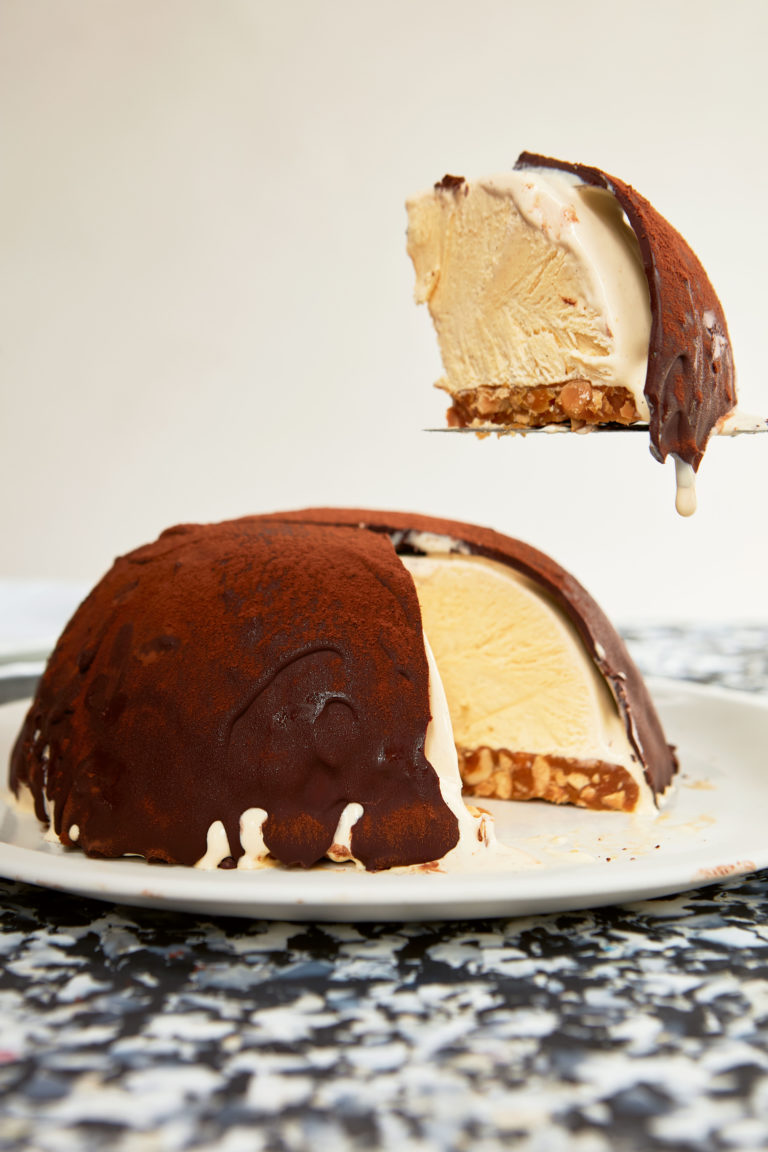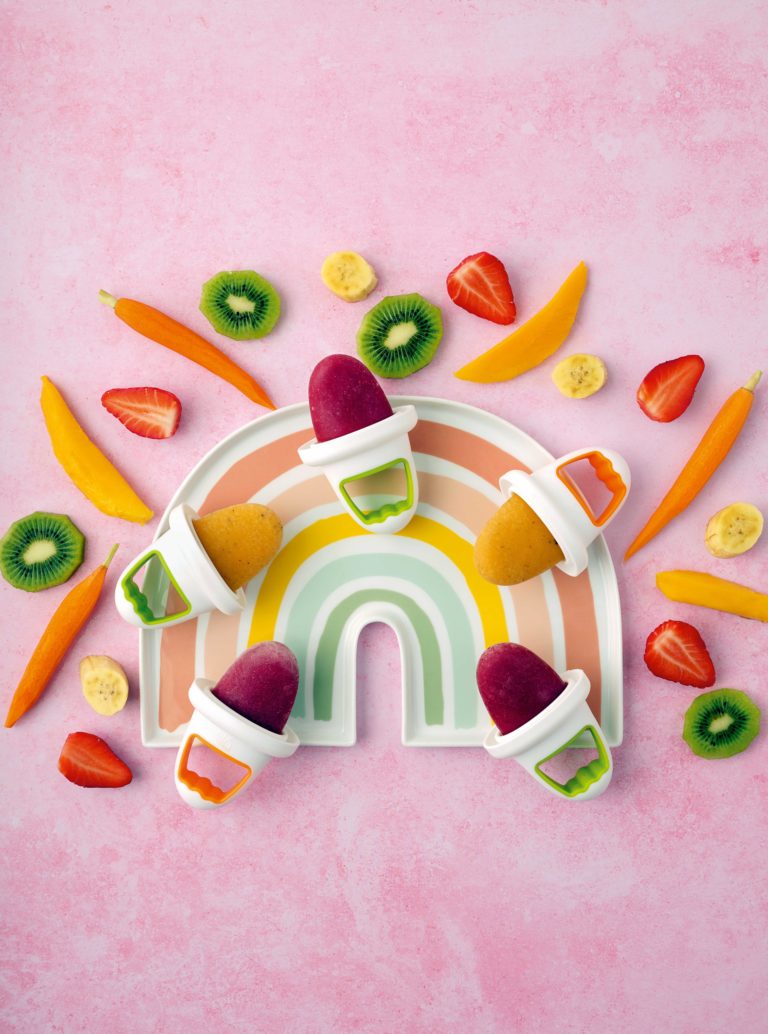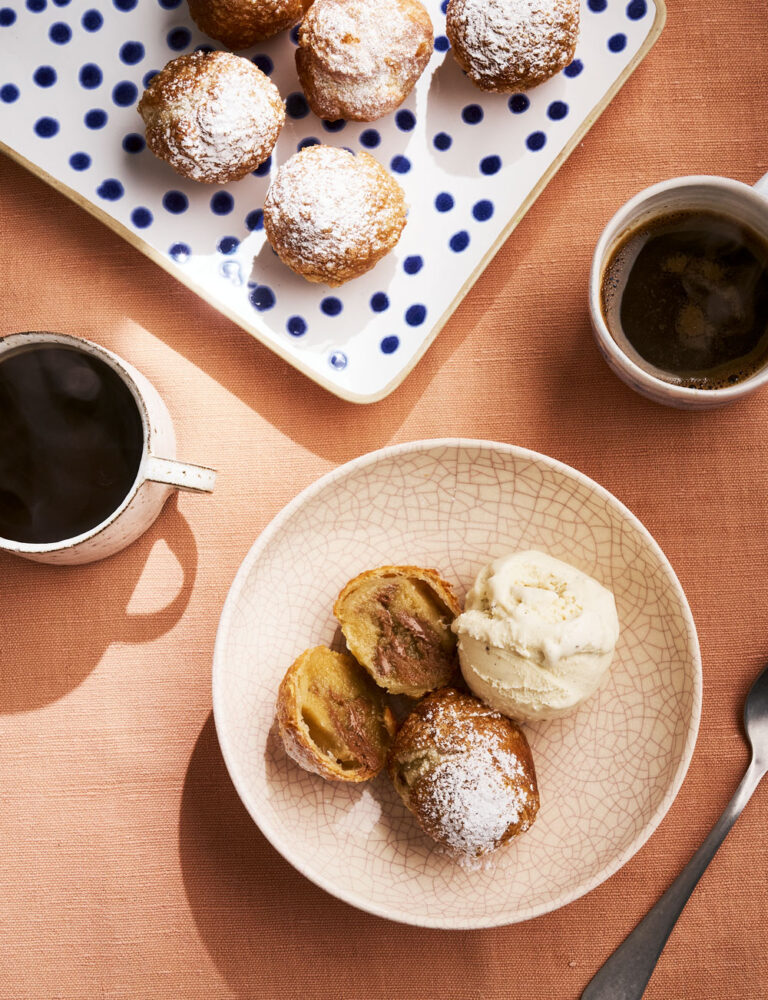Syllabub
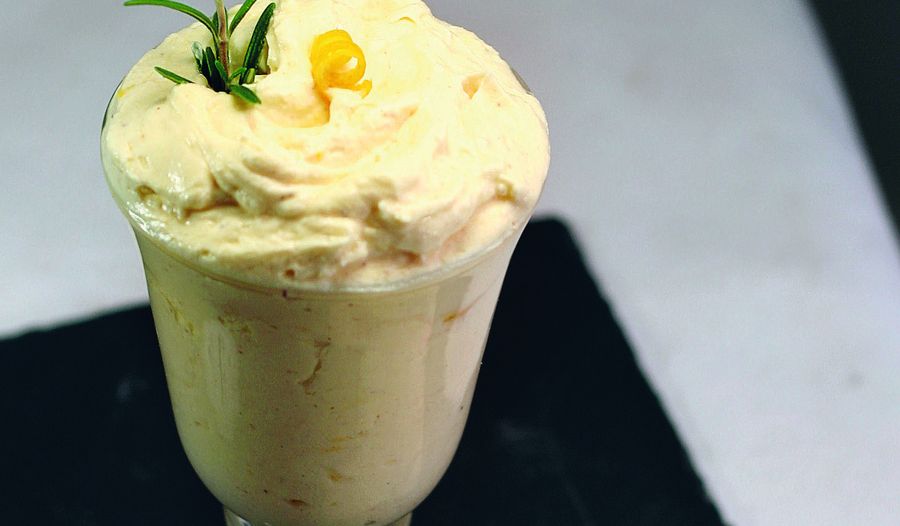
Combining sharp lemon juice with the fragrant aroma of rosemary is this creamy syllabub recipe. Make ahead for a showstopping dinner party dessert recipe!
Introduction
A syllabub is a sweet and creamy dessert that has been popular for centuries and somewhat surprisingly, hasn’t really changed over the years. Early versions resembled ice-cream floats, in that a rich, sweetened and delicately flavoured cream sat above a refreshing alcoholic drink below. It was served in a special glass adorned with a little spout, enabling guests to sip the drink from below, while delicately spooning off the indulgent topping. It was later discovered that reducing the quantity of wine and spirits a little allowed the cream to hold its shape once whipped, and keep fresh for several days. Syllabubs of this style were known as ‘everlasting syllabubs’.
A syllabub is another perfect make-ahead dessert, because the flavours only improve with time. Served with a sprig of rosemary and some crisp sponge fingers, it is a very elegant finish to a meal.
Ingredients
| 225ml | sweet dessert white wine |
| 60ml | Madeira wine |
| Peel and juice of 2 lemons | |
| Sprig of fresh rosemary | |
| 112g | caster sugar |
| ½ | nutmeg |
| 600ml | double cream |
Method
Day 1: Pour the dessert wine and Madeira into a container with a lid and add the lemon peel and juice. Gently bruise the rosemary by rolling it with a rolling pin, and add it to the mixture then stir in the sugar until dissolved. Cover the container and leave to marinate overnight.
Day 2: Strain the liquid into a large bowl and add a good grating of nutmeg. Pour in the cream and beat with a wire whisk until it just holds its shape, being careful not to overbeat or it will curdle.
Keep in a cool place until required.
Variations:The basic recipe can be varied simply by changing the alcohol. Any white wine can be used: the most popular used to be the Riesling wines from Germany. White wine is most common, although I have also found recipes that use reds, even as strong as claret. One country version I discovered used equal parts ale and cider.
Other fortified wines that could be substituted include brandy, sweet sherry, Marsala or ginger wine.
Seville oranges or limes can be substituted for the lemons, and mace makes an unusual replacement for the nutmeg.
Reviews
Have you tried this recipe? Let us know how it went by leaving a comment below.
Our team will respond to any queries as soon as we can - this may take longer over weekends. You do not need to resubmit your comment.
Please note: Moderation is enabled and may delay your comment being posted. There is no need to resubmit your comment. By posting a comment you are agreeing to the website Terms of Use.
